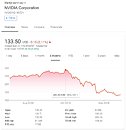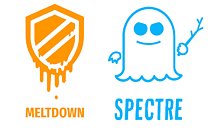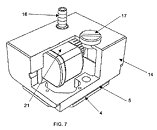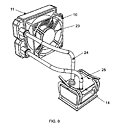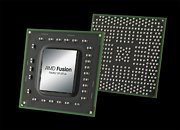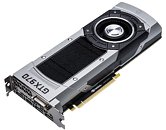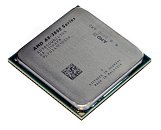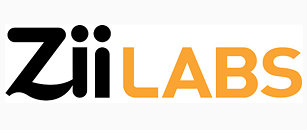
AMD to Cough Up $12.1 Million to Settle "Bulldozer" Core Count Class-Action Lawsuit
AMD reached a settlement in the Class Action Lawsuit filed against it, over alleged false-marketing of the core-counts of its eight-core FX-series processors based on the "Bulldozer" microarchitecture. Each member of the Class receives a one-time payout of USD $35 per chip, while the company takes a hit of $12.1 million. The lawsuit dates back to 2015, when Tony Dickey, representing himself in the U.S. District Court for the Northern District of California, accused AMD of false-marketing of its FX-series "Bulldozer" processor of having 8 CPU cores. Over the following four years, the case gained traction as a Class Action was built against AMD this January.
In the months that followed the January set-up of a 12-member Jury to examine the case, lawyers representing the Class and AMD argued over the underlying technology that makes "Bulldozer" a multi-core processor, and eventually discussed what a fair settlement would be for the Class. They eventually agreed on a number - $12.1 million, or roughly $35 per chip AMD sold, which they agreed was "fair," and yet significantly less than the "$60 million in premiums" consumers contended they paid for these processors. Sifting through these numbers, it's important to understand what the Class consists of. It consists of U.S. consumers who became interested to be part of the Class Action, and who bought an 8-core processor based on the "Bulldozer" microarchitecture. It excludes consumers of every other "Bulldozer" derivative (4-core, 6-core parts, APUs; and follow-ups to "Bulldozer" such as "Piledriver," "Excavator," etc.).Image Credit: Taylor Alger
In the months that followed the January set-up of a 12-member Jury to examine the case, lawyers representing the Class and AMD argued over the underlying technology that makes "Bulldozer" a multi-core processor, and eventually discussed what a fair settlement would be for the Class. They eventually agreed on a number - $12.1 million, or roughly $35 per chip AMD sold, which they agreed was "fair," and yet significantly less than the "$60 million in premiums" consumers contended they paid for these processors. Sifting through these numbers, it's important to understand what the Class consists of. It consists of U.S. consumers who became interested to be part of the Class Action, and who bought an 8-core processor based on the "Bulldozer" microarchitecture. It excludes consumers of every other "Bulldozer" derivative (4-core, 6-core parts, APUs; and follow-ups to "Bulldozer" such as "Piledriver," "Excavator," etc.).Image Credit: Taylor Alger




